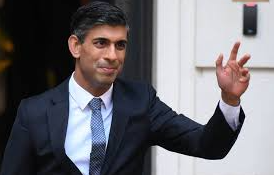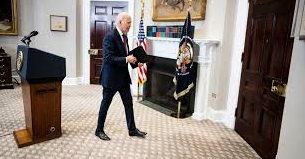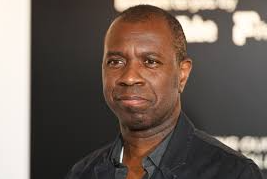
Cost-of-living crisis pushes Labour ahead as public concerns about economic policies mount
Rishi Sunak is facing mounting challenges as the latest Ipsos poll reveals Labour has overtaken the Conservatives as the leading party on taxation, adding pressure on the Chancellor amidst the cost-of-living crisis.
The survey, commissioned by The Standard, showed that 32 per cent of British adults now view Labour as the most competent on tax, while the Tories trail at 25 per cent. This marks a significant shift from the Conservatives’ lead of 38 per cent in 2019, while Labour’s score represents their highest since September 2012.
The findings come in the wake of Sunak’s recent policy moves, including a 1.25 percentage-point rise in National Insurance contributions and rising concerns over energy costs, food prices, inflation and petrol expenses.
The cost-of-living crisis was identified as the most pressing issue in the lead-up to the May 5 local elections, with 67 per cent of adults citing it as very important. Climate change and asylum policies followed at 47 per cent, with other topics like the pandemic and Ukraine trailing further behind.
Sunak has recently suggested the possibility of introducing a windfall tax on energy companies that fail to invest adequately to boost supply. He has also raised the NI contributions threshold to £12,570 and cut fuel duty by 5p per litre, alongside a £9 billion support package to assist households with energy bills. Further assistance could come in the autumn if energy prices rise further.
While the Conservatives maintain a six-point lead over Labour on overall economic management, this is a steep drop from the 24-point lead they held in December 2019.
Other key poll findings include:
Labour now sits at 40 per cent, up by one point, while the Conservatives are at 35 per cent, with the Liberal Democrats unchanged at 10 per cent.
Boris Johnson’s public approval ratings have improved slightly after record lows earlier this year, although only 31 per cent believe he has what it takes to be an effective Prime Minister.
Sir Keir Starmer’s leadership ratings have dipped marginally, with 34 per cent believing he is ready to lead the country.
Gideon Skinner of Ipsos highlighted that Sunak and his administration face crucial months ahead. “With inflation at the forefront of voter concerns and a pessimistic economic outlook, Sunak must address concerns about his handling of the cost-of-living crisis if the Conservatives want to rebuild their economic credibility.”
Economic optimism remains low, with 70 per cent of respondents expecting economic conditions to deteriorate over the next 12 months.




















Comments
Hello world!
Pic of the week: Sunset at margate beach
The first day’s journey was through the pink fields
The first day’s journey was through the pink fields
The first day’s journey was through the pink fields